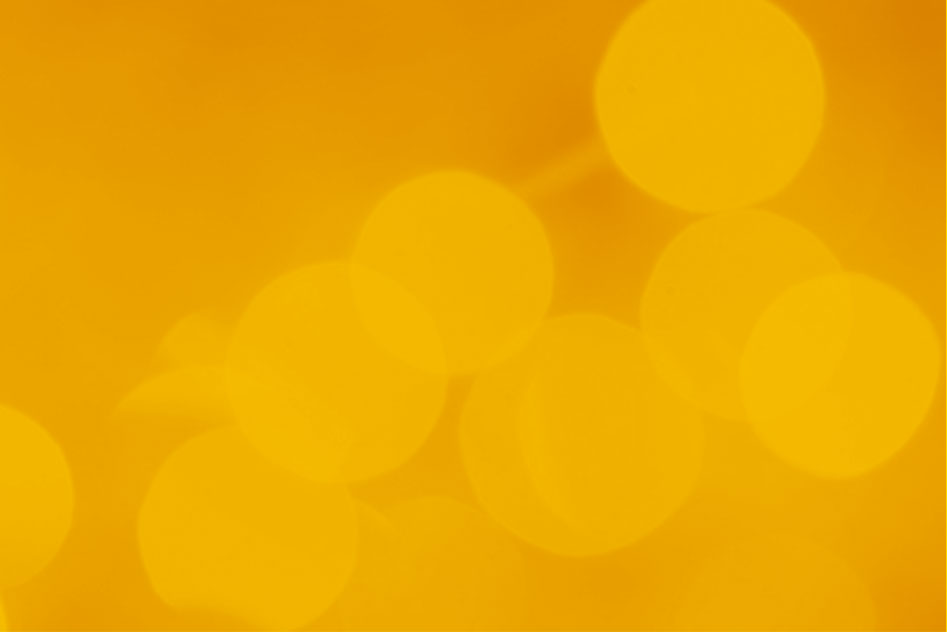By Karla Guererri
Whenever I meet another long-term Hodgkin lymphoma survivor, sooner or later the conversation turns to therapies we have tried in order to improve various conditions plaguing us as a result of late effects. Warily, one of us will start by using general terms like integrative, complementary, or alternative to introducing a therapy that has given relief and/or healing. Diet and nutrition are often in the forefront, followed by various kinds of massage. Acupuncture is sometimes mentioned with more initial caution. Then there are energy therapies. I met one survivor who is a big fan of Rolfing. I had a well-known doctor recommend Pilates to me for RFS. So, is there a formal definition for these non-traditional practices?
Cancer.net tells us that “Complementary therapies are treatments, techniques, and products that are used safely in addition to standard cancer treatments.” They warn that alternative therapies are risky or dangerous when they are used instead of standard treatments. Johns Hopkins Medicine tells us that 38% of adults and 12% of children have used complementary and alternative medicine. They categorize these therapies into several overlapping groups: Traditional and Alternative (acupuncture, Ayurvedic, Chinese Medicine), Body (massage chiropractic), Diet and Herbs, External Energy (electromagnetic, Reiki), Mind (biofeedback, hypnosis), and senses (art, dance, music therapy). By 2004, the School of Medicine at the University of North Carolina, Chapel Hill had already published a guide for healthcare professionals on incorporating complementary and alternative therapies with conventional medicine. The guide defines these terms in much the same way as Johns Hopkins does before delving into the motivations for using them and methods for gauging effectiveness. These therapies have come into the mainstream in a continuously and constantly evolving approach to the treatment of all sorts of conditions including late effects.
Survivors, do you have a particular therapy or practice that gives you relief, comfort, health, or healing? Are you willing to share your story? Please reach out to me at karla@hodgkinsinternational.
To read more about the research:
- Types of Complementary and Alternative Medicine – John Hopkins
- Evidence-Based Medicine & Complementary Alternative Therapies – University of North Carolina Chapel Hill
Please note: the thoughts and opinions expressed within the content are solely the author’s and do not necessarily reflect the the opinions and beliefs of Hodgkin’s International.

